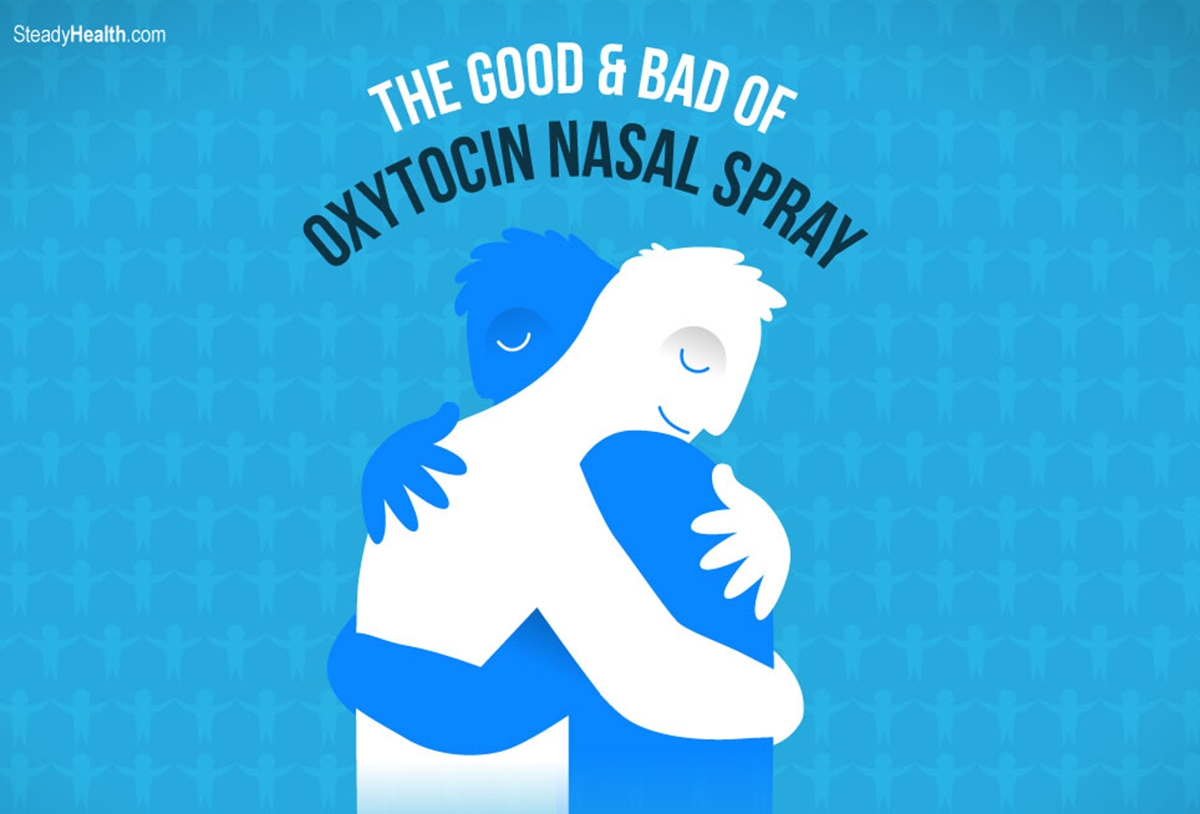Oxytocin, often referred to as the 'love hormone,' has gained attention for its potential therapeutic effects, particularly when delivered via a nasal spray. This report synthesizes current research into the benefits and drawbacks associated with the use of oxytocin nasal spray.
Potential Benefits
Improvements in Social Interaction

The administration of oxytocin nasal spray has been linked to enhancements in social behaviors. Studies indicate that oxytocin can facilitate trust, bonding, and empathy, which are crucial for interpersonal relationships. For instance, it has been found to increase positive social interactions, helping individuals become more generous and willing to trust others, even strangers[3][4]. This hormone may also promote fidelity within monogamous relationships by reducing attraction to others[1].
Therapeutic Effects in Specific Populations
There is some evidence suggesting oxytocin's effectiveness in treating social deficiencies, particularly in children with autism. Studies have shown that young children receiving oxytocin demonstrated significant improvements in social responsiveness after treatment[1][2]. Furthermore, it has been noted that children with lower baseline oxytocin levels may benefit the most from the nasal spray[7].
Stress and Anxiety Reduction
Oxytocin nasal spray may possess anxiolytic properties, potentially reducing anxiety and stress levels during social interactions. Some studies revealed that it helps in decreasing defensive behaviors associated with anxiety, thus fostering a more positive communication atmosphere, especially in romantic relationships[4][5]. The spray’s effects on stress reduction have been primarily noted in couples during conflicts, leading to improved communication dynamics[4].
Neurocognitive Enhancements
The nasal spray may improve social cognitive abilities by facilitating the recognition and processing of social cues. Research shows that oxytocin enhances attention toward social stimuli, thereby increasing the ability to correctly appraise social contexts and emotional expressions[3][6]. This action may be particularly beneficial for individuals experiencing social cognition deficits due to conditions like autism or PTSD[11].
Overall Safety Profile
Initial findings indicate that oxytocin nasal spray does not have a significant number of adverse effects when compared to placebo treatments in clinical settings[5][3]. This relative safety profile can make it an attractive alternative to traditional medications for mental health issues, which often come with a broader range of side effects[3].
Drawbacks and Concerns
Variable Individual Responses
One of the significant drawbacks of oxytocin nasal spray is the variability in response among individuals. The effects of oxytocin can differ markedly from one person to another, influenced by personality traits and situational variables. In some instances, the administration of oxytocin has been associated with negative behaviors such as increased envy or reduced cooperation[4][1]. This variability complicates the predictability of treatment outcomes.
Limited and Inconsistent Research
While preliminary studies suggest benefits, extensive research on oxytocin's efficacy is limited, and findings can be inconsistent. Many studies tend to focus on specific conditions like social anxiety or postpartum depression, which may not encompass a wider range of anxiety disorders or psychiatric conditions[3][5]. Additionally, some investigations report minimal or no significant benefits, emphasizing the need for more robust and comprehensive clinical trials to establish definitive efficacy[3][11].
Short-Term Effects and Methodological Issues
Research often focuses on the acute effects of a single-dose administration of oxytocin, leading to concerns that long-term benefits may be limited or non-existent. Studies have also revealed problems with methodological designs, such as small sample sizes and reliance on subjective measures of social responsiveness, which may skew results and affect reproducibility[2][3].
Possible Negative Social Effects
Emerging literature suggests that oxytocin could inadvertently cause adverse outcomes in certain contexts. For example, it has the potential to decrease the ability to identify risks in trusting relationships, which could lead to negative interpersonal dynamics if used without careful consideration[4][3]. Furthermore, there are reports suggesting that long-term use may cause impairments in behavioral patterns associated with social interactions in animal studies, raising concern for human applications[8].
Ethical Considerations
The administration of oxytocin nasal spray raises ethical questions regarding informed consent and autonomy, particularly in relationship dynamics. Individuals must independently agree to treatment without any coercion, as imbalances in autonomy could lead to misuse or unwanted pressure to engage in the treatment[4].
Conclusion

Oxytocin nasal spray holds promise as a therapeutic agent for enhancing social behavior and reducing anxiety, especially in specific populations such as children with autism. However, its variable effects, limited research foundation, and potential for adverse social consequences necessitate caution. More comprehensive studies are crucial to ascertain the long-term efficacy and safety of oxytocin nasal spray, while also addressing the ethical implications related to its use. As research progresses, the hope is that a clearer understanding of oxytocin’s effects will emerge, guiding its application in clinical practice.
Get more accurate answers with Super Pandi, upload files, personalized discovery feed, save searches and contribute to the PandiPedia.
Let's look at alternatives:
- Modify the query.
- Start a new thread.
- Remove sources (if manually added).